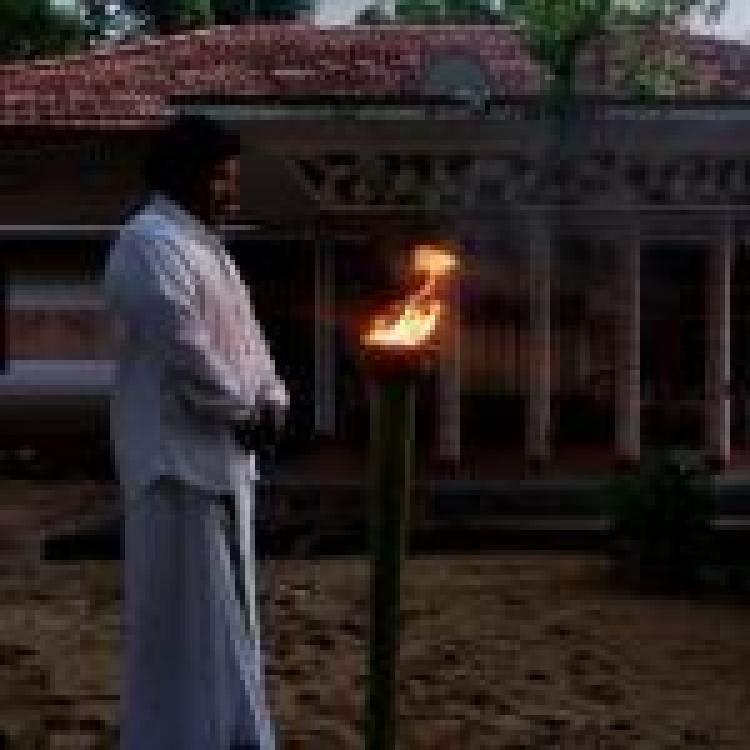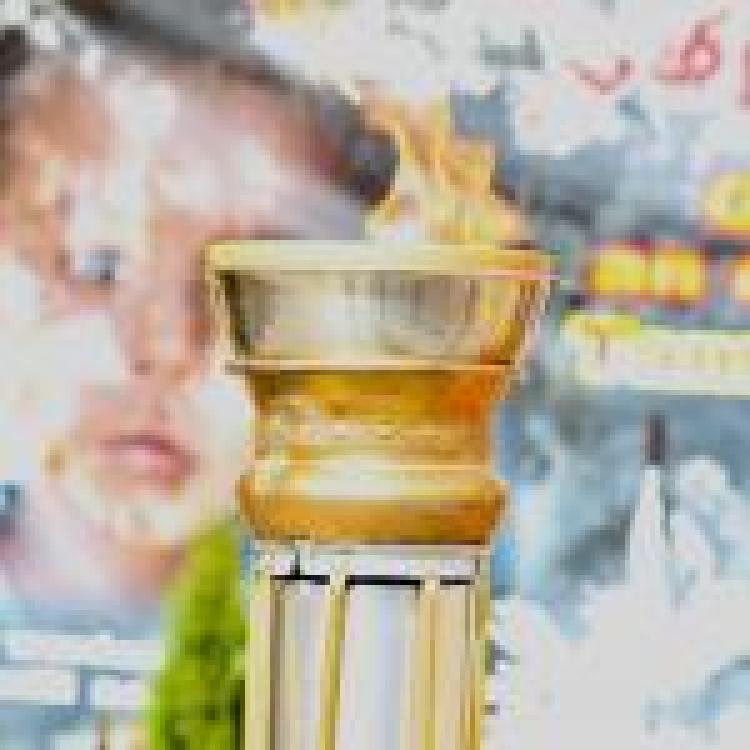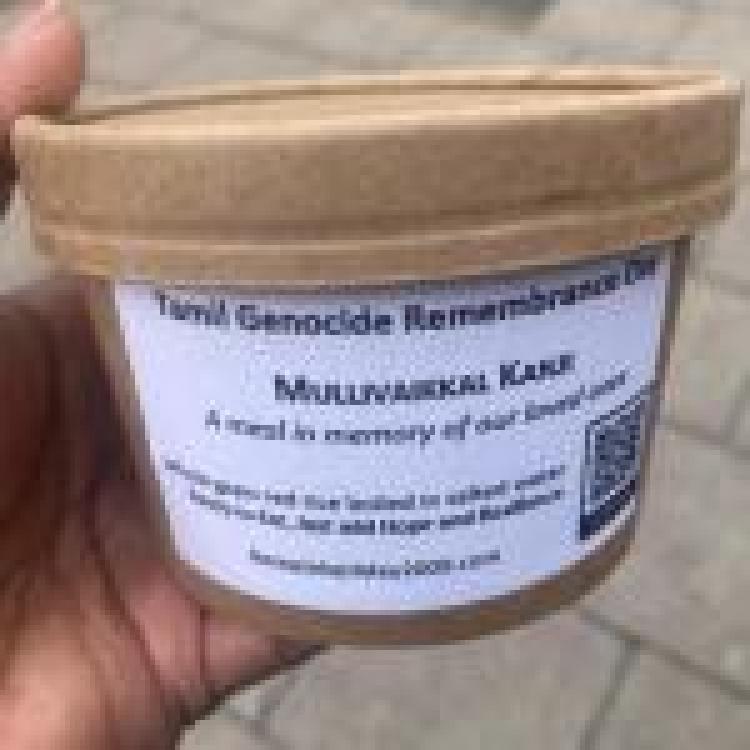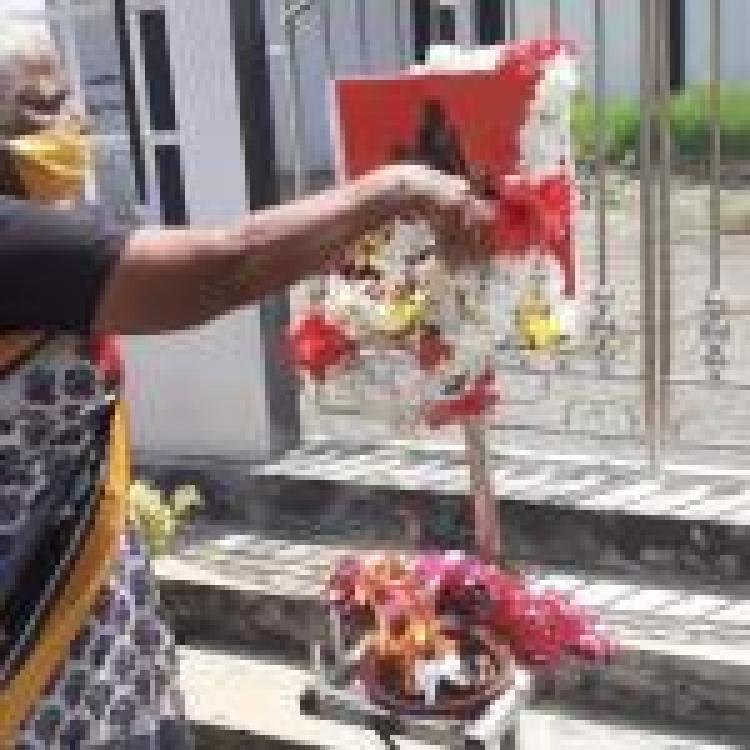![]()
On the 12th anniversary of the massacre at Mullivaikkal, which killed tens of thousands of Tamil civilians, Sri Lankan President Gotabaya Rajapaksa promoted 452 officers in the Sri Lankan army and 4289 officials of other ranks.
This was reported to be one of the biggest promotions in recent times.
This comes as Sri Lanka’s military and police continued its suppression of Tamil memorial events and harass Tamils throughout the North-East. In Jaffna soldiers attempted to prevent former NPC member M K Sivajilingam from holding a vigil at the World Tamil Conference massacre memorial, they were seen snatching lamps and manhandling the politician.
Shavendra Silva, head of Sri Lanka’s army, marked the day by praising Sri Lanka’s “War Heroes” claiming that “after successful completion of the terrorist menace are currently at the forefront in salvaging the people from the COVID-19 infection as defenders of the nation which has come in for praise of the whole world”.
As Sri Lanka continues to struggle with the pandemic, with an infection rate higher than India’s, the militarised response has garnered international criticism. Boram Jang, Legal Advisor at the International Commission of Jurists Asia & the Pacific Programme, stated:
“Having the military to oversee the public health policy and to act as the State’s first responders also normalises military occupation, exacerbates the existing ethnic divides, and further deteriorates human rights in Sri Lanka”.
Read more here: Sri Lanka’s militarised COVID-19 response 'exacerbates ethnic divides'




